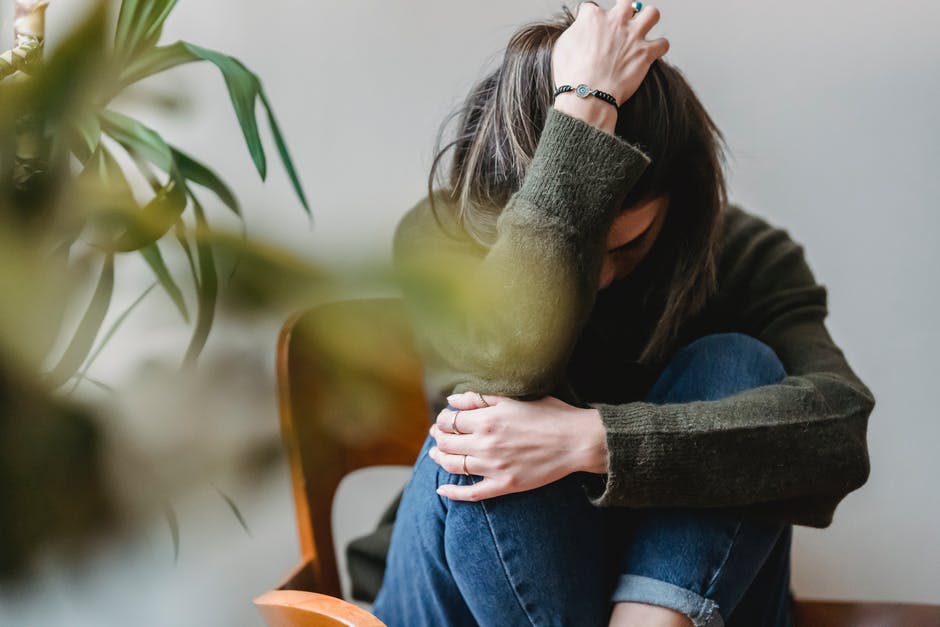Did you know that women are almost twice as likely to develop the symptoms of generalized anxiety disorder than men? The good news is that there are ways that you can seek treatment for your anxiety, but the first step is recognizing that you are experiencing it.
The signs of anxiety in women are often downplayed due to societal expectations and gender norms. People may tell you that it’s normal to worry or that your body is playing a role. You may feel the need to hide or ignore the signs that you’re experiencing anxiety to make others more comfortable.
Sometimes, anxiety presents itself in obvious ways that are hard to disregard. At other times, you may not recognize those signs for what they are.
To start you on your path to healing, let’s talk about the many signs of anxiety in women. Read on to find out more.
Recognizing Anxious Thoughts
Many women who experience anxiety describe themselves as “over-thinkers” or “worriers.” The truth is that all of us will experience feelings of distress or worry at some point in our lives. When those anxious thoughts become excessive, unbearable, or disruptive, however, that’s when we may need to find a solution.
Anxious thoughts can take many forms. You might find yourself anticipating the worst possible outcome in scenarios that make you uncomfortable. You might worry that something you said to a friend was hurtful or made you sound foolish.
Anxious thoughts don’t always center around a specific event or conversation. You may discover that your self-talk is getting increasingly negative. Perhaps you feel as though you’re never good enough, you’re unworthy of happiness, or you can’t achieve your goals.
Even women who appear extremely successful can suffer from anxious thoughts. This often takes the form of what is called high-functioning anxiety. A woman may excel in her career, keep a spotless home, devote tons of time to her family and friends, all the while possessing a deep fear of failure.
Experiencing Physical Symptoms of Anxiety
Perhaps you have experienced a slew of new medical conditions that are a bit frightening. You’ve been to the doctor but the doctor can’t seem to pinpoint any physical source, like an illness or injury. What you may not know is that anxiety has a deep impact on the body.
Let’s take a look at some of the common physical symptoms of anxiety:
- racing heart
- sweating
- shakiness or trembling
- difficulty breathing or hyperventilating
- feelings of fatigue or tiredness
- dizziness
- brain fog
Many of these symptoms can present themselves during a panic attack. When you have a panic attack, you may experience things like a racing heart and hyperventilation while also experiencing panicked thoughts. However, chronic or prolonged anxiety can cause these symptoms to occur even when you aren’t having a panic attack.
Anxiety and the nervous system go hand in hand, and this can serve a good function. Let’s say the driver in front of you slams on the brakes, so you slam on your own brakes.
Chances are, you’re feeling a little shaky and your heart may race in that moment, but you were also able to react quickly. This is a product of your nervous system kicking your responsiveness into high gear.
The problem is when your nervous system starts responding to triggers that aren’t threatening and don’t require immediate action. You might feel shaky and dizzy while making a phone call or going to the grocery store. You might feel brain fog after receiving frustrating news, even though you got a good night’s sleep.
Identifying Specific Anxiety Disorders in Women
Many women experience GAD or generalized anxiety disorder. This means that they might experience anxiety on a regular and ongoing basis that ranges in severity.
Some women, however, may find that certain situations or things bring on their anxiety. Let’s take a look at a few examples.
Signs of Social Anxiety in Women
Social anxiety refers to an anxious response in reaction to social situations. Perhaps you avoid speaking in groups because you’re worried that you won’t have anything interesting to say. Maybe you’ve stopped going to social events with friends or family because you can’t imagine them going well.
You also may experience many of the physical symptoms of anxiety in social situations, specifically. Social anxiety is quite common and very treatable.
Signs of Panic Disorders in Women
Panic disorders are classified by regular panic attacks and/or a deep fear of having a panic attack. Panic disorders are important to treat because they can increase in severity over time. Many women who develop panic disorders begin to associate certain places, experiences, or things with anxiety and therefore go out of their way to avoid them.
Once again, panic disorders are treatable. However, you will almost always need the help of a counselor to understand the source of this chronic panic.
Identifying Specific Anxiety Disorders
Many women experience fears and phobias that can make life difficult. This can take the shape of:
- fear of illness or of medical care
- fear of separation from one or several loved ones
- fear of leaving the home
- anxiety caused by a specific traumatic event
- irrational thoughts linked with compulsive behaviors
In these cases, the symptoms of anxiety (both mental and physical) may arise only when the specific trigger is presented. Treatments such as talk and immersion therapy are both great options for women with specific fears and phobias.
Don’t Ignore These Signs of Anxiety in Women
Many women experience anxiety and it’s important to know that you can seek treatment and live a happier life. If these signs of anxiety in women sound familiar to you, don’t hesitate.
Anxiety counseling is a great place to start and, for many women, makes a huge difference. Find out more about our Christian-based practice and schedule your first appointment.





